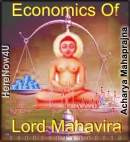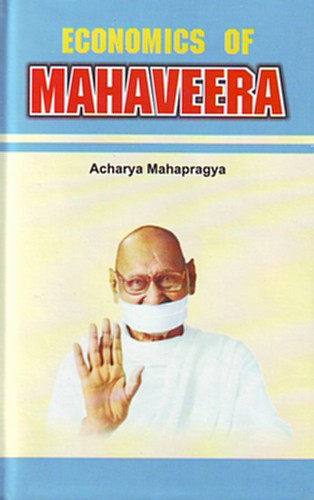
We should not sit idle believing that the poverty of the poor is destined by his fate and that prosperity of the rich is destined by his fate. A person with his own endeavour, with his power of wisdom and action can earn infinite wealth. One who cannot muster enough resources, land, time, relative values and favourable mental environment and also not make adequate efforts remains poor. His poverty has nothing to do with fate. Many people explain fate as the determinant, but Mahavira never accepted the premise that prosperity or poverty is due to fate. As a matter of fact, the adequacy of resources is dependent more on external factors; it is not dependent on one's own fate.
In Jain philosophy, there has been a lot of serious thinking on this subject and some scholars are deliberating even today, on the question whether the acquired wealth is due to fate or due to some other factors. As far as we have analysed, fate or fortune has no relationship with acquiring wealth. It depends on resources, space, time and price. Take the example of the Middle East or Arab countries. Until oil was found, poverty was the order. After the commencement of production of oil, the position suddenly transformed itself. Today, those countries are counted among the rich countries of the world. There is a district in Rajasthan, Udaipur, called Rajsamand. Until marble was discovered in that region, there was not much prosperity in evidence. After the coming up of the marble industry, it witnessed a great deal of prosperity. In reality, therefore, this has nothing to do with fate as with the circumstances and environment. That is why in Mahavira's visualization, poverty or prosperity cannot be linked with fate or karma. All this is dependent on professional and working skills and effort.
 Acharya Mahaprajna
Acharya Mahaprajna

